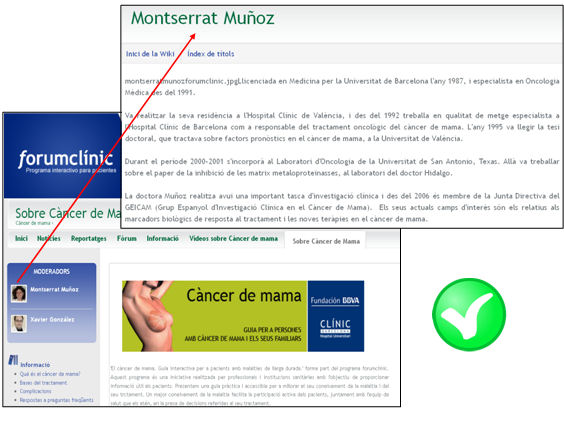La biblioteca escolar como agente formativo en la alfabetización mediática e informacional del alumnado de educación secundaria. Estudio de caso instrumental en un instituto de Barcelona
Se analiza el papel formativo de la biblioteca escolar en la alfabetización mediática e informacional
(AMI) del alumnado de educación secundaria con el objetivo general de definir pautas para la formación
en competencia informacional en la biblioteca escolar. Se establecen tres objetivos específicos:
definir la función formativa de la biblioteca escolar en la AMI de secundaria y las condiciones necesarias
para llevarla a cabo, conocer las prácticas informacionales del alumnado, así como la percepción de la biblioteca escolar como agente formativo, y definir orientaciones que integren el uso de la biblioteca
escolar. Se realiza una revisión bibliográfica y un estudio de caso instrumental con enfoque
cualitativo en un instituto de Barcelona, a partir de entrevistas semiestructuradas a especialistas y
docentes y un grupo focal con alumnado de 3º de ESO. La investigación evidencia la escasa integración
sistemática de la AMI en el currículo y la baja percepción de la biblioteca escolar como agente
formativo. El alumnado presenta carencias en búsqueda, evaluación crítica y citación de fuentes, con
fuerte dependencia de herramientas como Google, Wikipedia y ChatGPT. Se identifican condiciones
necesarias para implementar programas AMI: integración curricular transversal, coordinación
docente-biblioteca, recursos adecuados y formación continua. La biblioteca escolar puede ser un
espacio clave para desarrollar competencias mediáticas e informacionales si se reconoce su potencial
pedagógico y se actualizan los modelos clásicos incorporando IA y alfabetización transmedia.
Se propone un decálogo de orientaciones para integrar la AMI en tareas escolares con apoyo de la
biblioteca del centro, fortaleciendo el pensamiento crítico, la equidad educativa y el aprendizaje interdisciplinar
en la educación secundaria.

